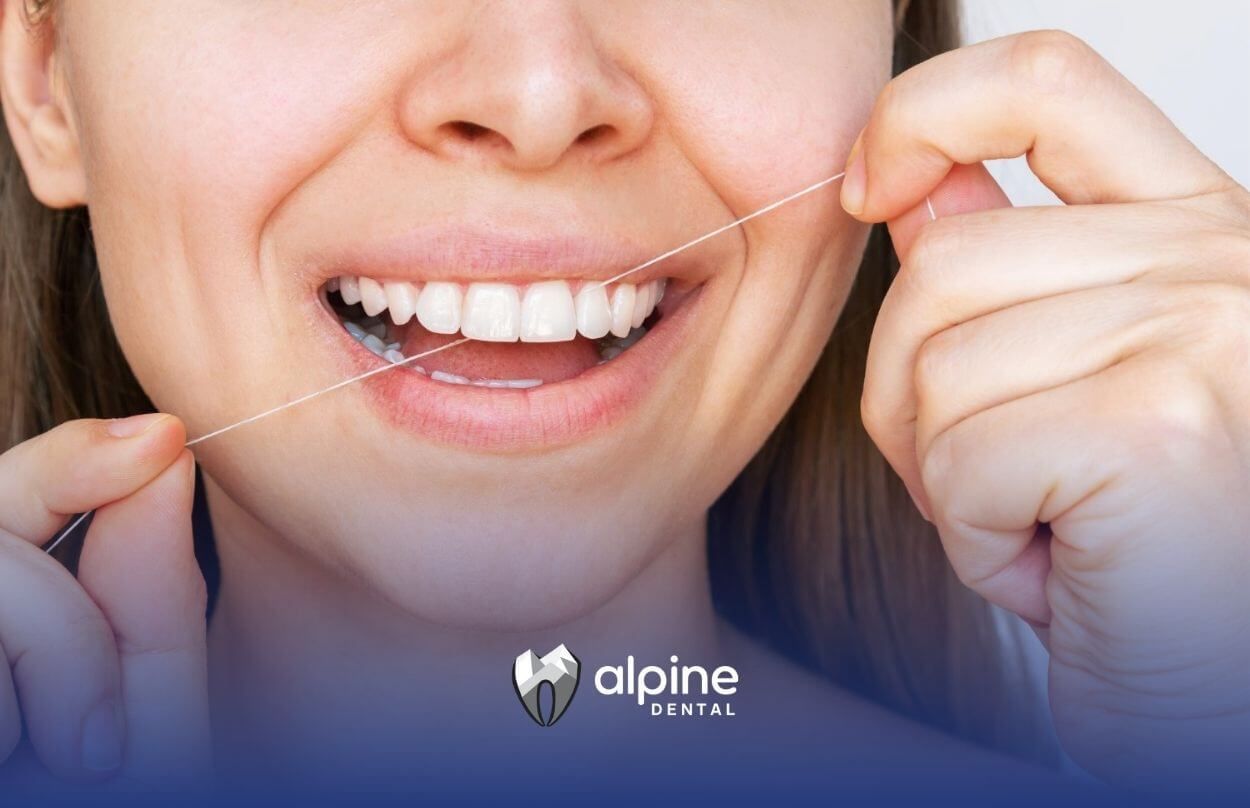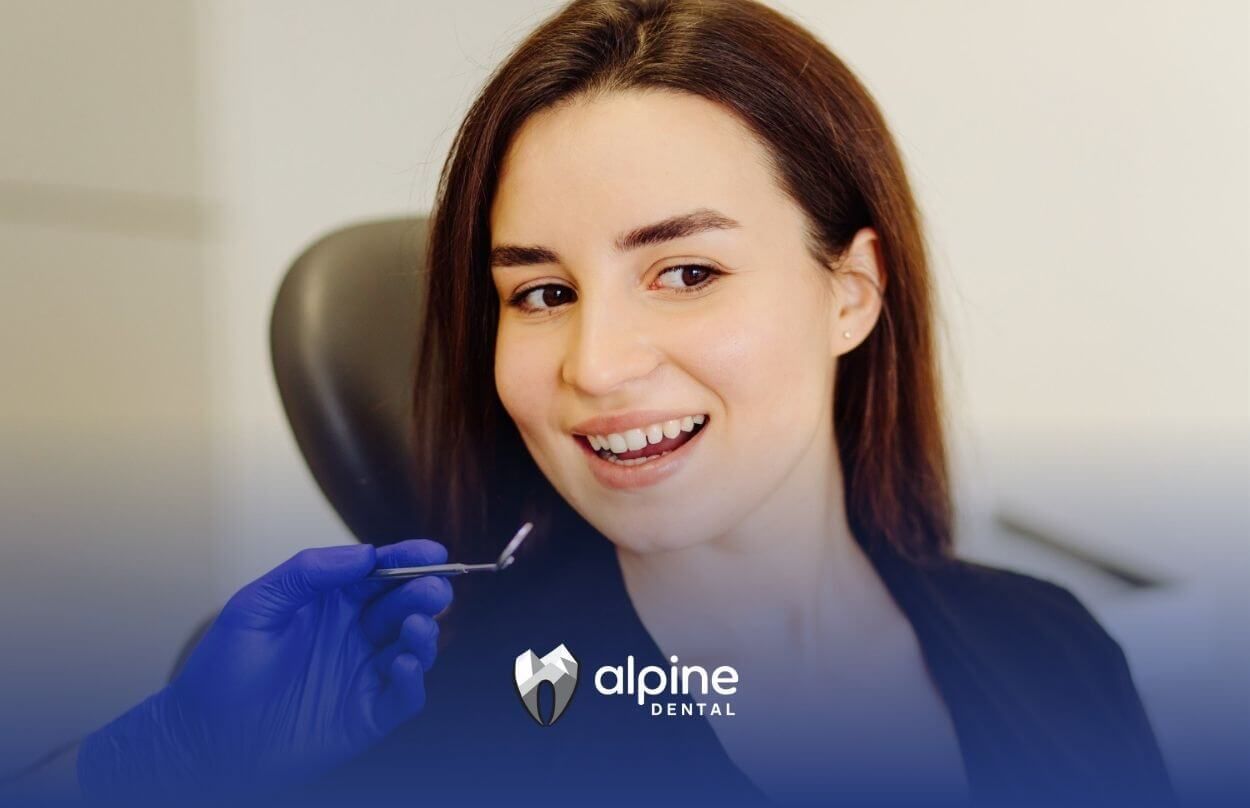Vitamins for Teeth and Gums: Essential Nutrients for Oral Health
Oral health is an important aspect of overall well-being, and the condition of your teeth and gums can impact your quality of life. While brushing and flossing are essential habits for maintaining good dental hygiene, the vitamins and nutrients you consume also play a significant role in the health of your teeth and gums. Your body needs specific vitamins to ensure that your oral structures stay strong, healthy, and free from diseases like gum disease, tooth decay, and more.
In this article, we’ll dive deep into the best vitamins for teeth and gums, explaining how they contribute to oral health and which foods are rich in these essential nutrients. We’ll also cover some practical tips for ensuring you get the right vitamins for your smile and how dental professionals can help you achieve the healthiest version of your smile.
Why Vitamins Are Important for Oral Health
Your teeth and gums are not just resilient structures—they also require essential nutrients to maintain their function. Vitamins and minerals help protect your teeth and gums from bacteria, promote tissue healing, and strengthen tooth enamel. Furthermore, they support the tissues and structures that surround your teeth, ensuring your mouth functions at its best.
A diet rich in the right vitamins is crucial for maintaining a healthy mouth, as deficiencies in key nutrients can lead to various dental problems, such as gum disease, cavities, dry mouth, and even tooth loss.
The Best Vitamins for Teeth and Gums
While many nutrients contribute to good oral health, some vitamins are particularly important for your teeth and gums. Let’s explore the key vitamins that benefit your dental health:
1. Vitamin A: The Protector of Soft Tissues
Vitamin A is essential for maintaining the health of your oral soft tissues, including your gums. It supports the growth and repair of tissue cells, which is critical for healing gum tissue and preventing gum disease. Vitamin A also plays a role in producing saliva, which helps keep the mouth moist and washes away food particles and bacteria that could lead to plaque buildup.
How Vitamin A Helps Teeth and Gums:
- Promotes healthy gum tissue
- Supports saliva production
- Assists in tissue repair
Foods Rich in Vitamin A:
- Carrots
- Sweet potatoes
- Spinach
- Kale
- Red bell peppers
- Liver
2. Vitamin C: The Gum Protector
Vitamin C is one of the most important vitamins for gum health. It helps in the production of collagen, a protein that strengthens the tissues in your gums and helps prevent gum disease. A deficiency in vitamin C can lead to scurvy, a condition characterized by bleeding gums, tooth loss, and weakened immune function.
How Vitamin C Helps Teeth and Gums:
- Strengthens gum tissue
- Prevents gum disease like gingivitis
- Promotes healing of oral tissues
Foods Rich in Vitamin C:
- Oranges
- Strawberries
- Kiwis
- Bell peppers
- Broccoli
- Brussels sprouts
3. Vitamin D: The Bone Builder
Vitamin D is critical for strong teeth and bones because it helps your body absorb calcium, which is vital for building and maintaining strong tooth enamel. A deficiency in vitamin D can lead to weakened teeth and bone structures, increasing the risk of tooth decay and gum disease. Vitamin D also has anti-inflammatory properties that help keep your gums healthy and free from infection.
How Vitamin D Helps Teeth and Gums:
- Enhances calcium absorption for stronger teeth and bones
- Reduces the risk of gum disease
- Supports immune function for better oral health
Foods Rich in Vitamin D:
- Fatty fish (salmon, mackerel, tuna)
- Fortified milk and cereals
- Eggs
- Cheese
- Beef liver
4. Vitamin K2: The Mineralization Helper
Vitamin K2 plays a vital role in maintaining healthy bones and teeth by aiding in the regulation of calcium in the body. It helps direct calcium to the right places—like your bones and teeth—while preventing calcium from accumulating in soft tissues, which can lead to calcification and dental issues. Vitamin K2 also works synergistically with vitamins D and A to ensure proper mineralization of teeth.
How Vitamin K2 Helps Teeth and Gums:
- Supports calcium metabolism for stronger teeth
- Prevents calcification in soft tissues
- Works alongside vitamin D to ensure optimal bone and teeth health
Foods Rich in Vitamin K2:
- Natto (fermented soybeans)
- Hard cheeses
- Egg yolks
- Chicken liver
- Grass-fed butter
5. Vitamin E: The Antioxidant for Oral Tissue Health
Vitamin E is an antioxidant that helps protect your cells from oxidative stress, which can damage tissues in your mouth. It is particularly beneficial for maintaining the health of your gums and tissues. Vitamin E also plays a role in healing oral tissues and reducing inflammation, which can help with gum disease or other oral health issues.
How Vitamin E Helps Teeth and Gums:
- Acts as an antioxidant to protect oral tissues
- Reduces gum inflammation
- Promotes tissue healing
Foods Rich in Vitamin E:
- Almonds
- Sunflower seeds
- Spinach
- Avocados
- Olive oil
6. B Vitamins: Energy for Oral Health
The B vitamins—particularly B1 (thiamine), B2 (riboflavin), B6 (pyridoxine), and B12—help maintain the health of your gums and nerves. They play a role in reducing inflammation in the mouth, supporting tissue repair, and preventing oral conditions like canker sores or mouth ulcers. B vitamins are also crucial for maintaining a healthy immune system, which helps fight infections in the mouth.
How B Vitamins Help Teeth and Gums:
- Support gum health and reduce inflammation
- Help heal oral tissues and wounds
- Promote healthy nerve function for a pain-free mouth
Foods Rich in B Vitamins:
- Whole grains (brown rice, oats)
- Eggs
- Meat (chicken, pork)
- Legumes (beans, lentils)
- Dairy products
How to Ensure You’re Getting Enough Vitamins for Your Teeth and Gums
To promote optimal oral health, it’s essential to get a balanced diet rich in the vitamins listed above. Here are some tips to make sure you’re providing your body with the nutrients it needs for healthy teeth and gums:
- Eat a Well-Balanced Diet: Focus on consuming a variety of foods from all food groups to ensure you get all the essential vitamins. Include plenty of fruits, vegetables, lean proteins, and dairy to support oral health.
- Consider Supplements if Necessary: If you struggle to get enough vitamins through diet alone, talk to your healthcare provider about supplements to address any deficiencies. For example, vitamin D supplements may be recommended if you don’t get enough sunlight or dietary sources.
- Stay Hydrated: Drinking water throughout the day helps wash away food particles and bacteria, reducing the risk of plaque buildup and supporting overall oral health.
- Avoid Sugary and Processed Foods: Limiting sugary snacks and drinks can reduce plaque buildup and prevent the harmful effects of bacteria feeding on sugar.
Conclusion
Vitamins play a crucial role in the health of your teeth and gums, helping to prevent decay, gum disease, and other oral issues. Incorporating the right vitamins into your diet can strengthen your teeth, support gum tissue, and promote overall oral health.
If you're concerned about your oral health or need guidance on the best foods and supplements for your smile, make an appointment with your dentist. Alpine Dental is here to provide expert care and advice to help you maintain a healthy, beautiful smile for years to come.
Frequently Asked Questions
Can vitamins prevent tooth decay?
While vitamins can support the overall health of your teeth and gums, they cannot completely prevent tooth decay. Regular brushing, flossing, and professional dental checkups are essential for preventing cavities.
How long does it take for vitamin deficiencies to affect oral health?
The effects of vitamin deficiencies on oral health can vary, but it can take weeks or months of inadequate intake for issues like gum disease or tooth sensitivity to develop.
Can I get enough vitamins for my teeth from supplements alone?
While supplements can help address deficiencies, it’s best to get vitamins from whole foods, as they provide additional nutrients that support overall health. Always consult your dentist or healthcare provider before taking supplements.
Sources:
- https://www.colgate.com/en-us/oral-health/nutrition-and-oral-health/5-essential-vitamins-for-teeth-and-gum-health
- https://pmc.ncbi.nlm.nih.gov/articles/PMC7765569/
- https://pmc.ncbi.nlm.nih.gov/articles/PMC6204628/
- https://pmc.ncbi.nlm.nih.gov/articles/PMC7285165/




